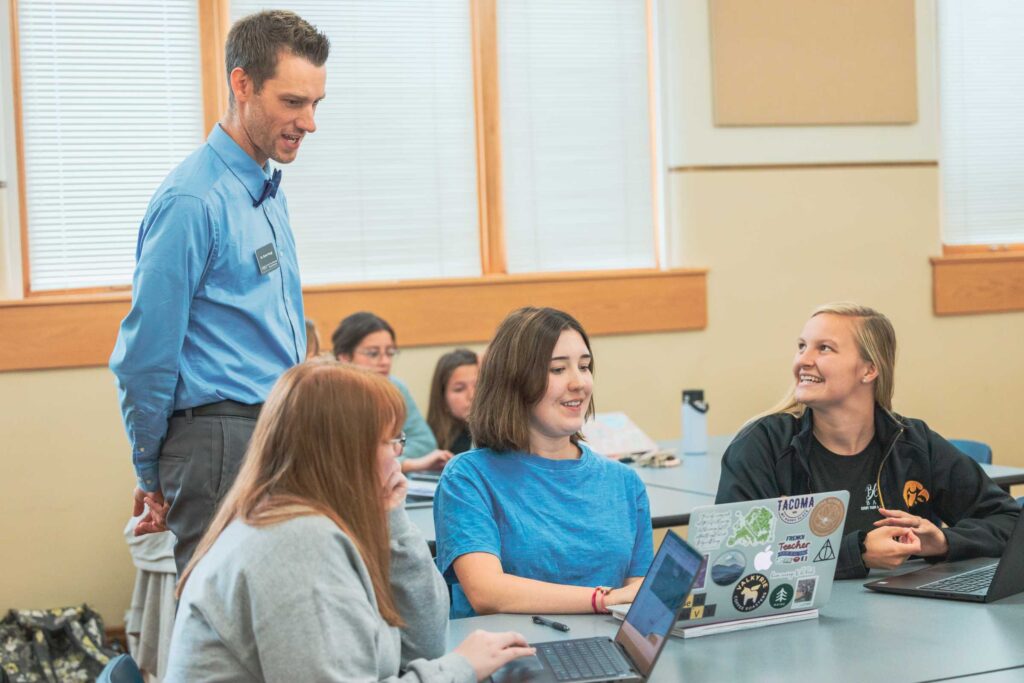While observing their teaching, Voogt noticed repeated errors in explanation and examples. He observed lessons for multiple classes of students for two years across three universities, and was able to organize their errors into observable categories, such as mathematical precision, mathematical errors, and knowledge of students and curriculum. The categories then provided a protocol for giving feedback and showing the teachers where they tended to make the most errors.
After finishing the protocol, Voogt had a novice instructor of preservice teachers use his protocol to evaluate the students’ lessons and give feedback. First, she evaluated the lesson without using the protocol, which gleaned generalized feedback (e.g., timing, choices of activities) that focused on the lesson plan itself. But after using Voogt’s protocol, the instructor’s feedback on the math increased, and she was able to provide more specified critique. Her feedback was helpful in demonstrating the practical nature of the protocol and how it could be used.
Prior to becoming a faculty member at Grace, Voogt taught high school math for eight years. “I made plenty of mistakes when I taught, and I also understand the high stakes nature of teaching — you are in charge of accurately filling young minds.”
However, Voogt also knows that teachers should not be afraid to make mistakes. “Sometimes a student would catch an error, which allowed me to demonstrate how to make mistakes to my students. There is a reason why we do math with a pencil and an eraser.”
Because he has worked extensively with the protocol, it has become second nature in Voogt’s teaching. Education students at Grace who take mathematics methods courses will be taught how to critically evaluate their lessons to ensure accuracy and clarity.
Do you want a college that has talented and passionate faculty who are ready to impart their knowledge to students? Then Grace is the right place for you! Fill out an application and check out our undergraduate majors to get started today. Check out our School of Education news for more exciting updates!





